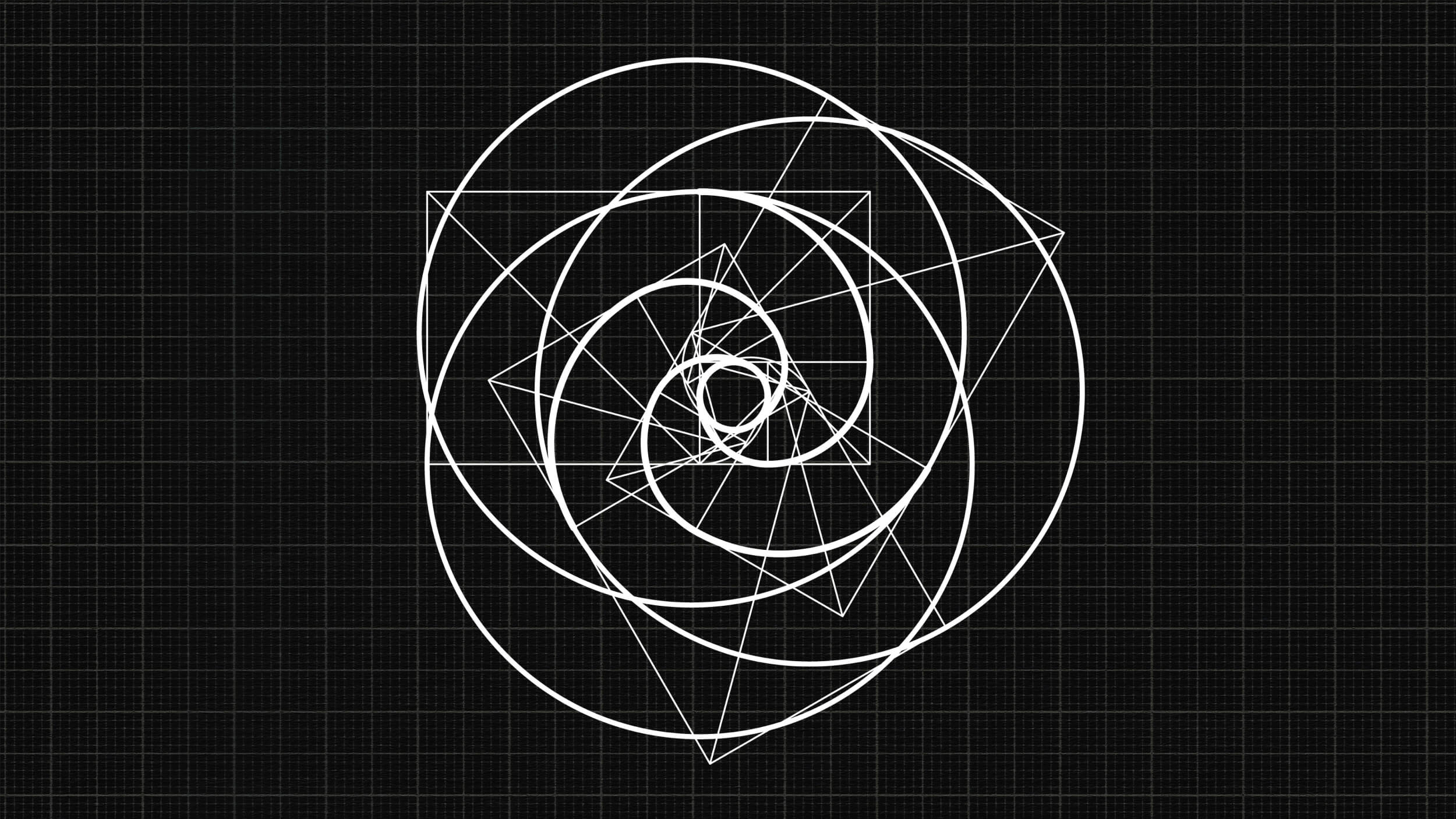For “Invisible” author Paul Auster, writing novels never gets easier, yet he no longer dreads the blank page.
Question: What did you aim to achieve with your new book that you'd never achieved before?
rnPaul Auster: It's a difficult question. As you say, each book is a new book. I've never written it before and I feel that I have to teach myself to do it as I'm doing it. This book evolves in a very organic way. I wasn't sure about where I wanted to go, what I thought was going to happen. I had the beginning in my head, but then as I began writing, more ideas came to me about how to continue the book. I think it's the first time structurally that I've ever had more than one narrator in the book, there are actually three in this one. But what I hope to accomplish? I don't know. It's for you to tell me, I really don't know. You get grabbed by the story, the characters, the language that you want to embody somehow on the page, and then the rest is done in a kind of trance, and so it's hard for me to say what I want to happen. Just something important for the reader, something memorable, I suppose. In the same way it was memorable to me to write it.
rnQuestion: Which of your books has been the most challenging?
rnPaul Auster: The most challenging project I've ever done, I think, is every single thing I've ever tried to do. It's never easy. Some things get written more quickly than others, but I can't really measure degrees of difficulty. I think probably I struggled most, had the most difficulty completing things, writing something to my friends, especially when I was young, I was starting out. And then there would be many false starts, many abject failures that depressed me to no end. And as the years went on, I became a little more comfortable with the prospect of failure as part of the routine of writing, the whole business of it.
rnWhat changed for me over the years, I think is this, early on, when I was writing a novel and I got stuck, and every writer gets stuck at certain points, I would go into a kind of panic, thinking the project is over, I don't know what to do with it, and go through some very tormented times. Now, in my old age, when I come to these moments, I say to myself, "If this book needs to be written, if it's something valuable, if it has the power that I think it might, then I'm going to figure it out, and all I have to do is be patient." So sometimes it's a matter of taking a couple of days off, sometimes a month off, which happened with this new book, “Invisible,” I took about six weeks off, just to meditate on what I wanted to do with it. And then lo and behold, you're rolling again. And I don't know this happens, but I think it's so much a matter of the unconscious telling you what to put on the page. And if you're listening and relaxed enough to be able to listen, it will happen.
Recorded on November 5, 2009
Interviewed by Austin Allen





